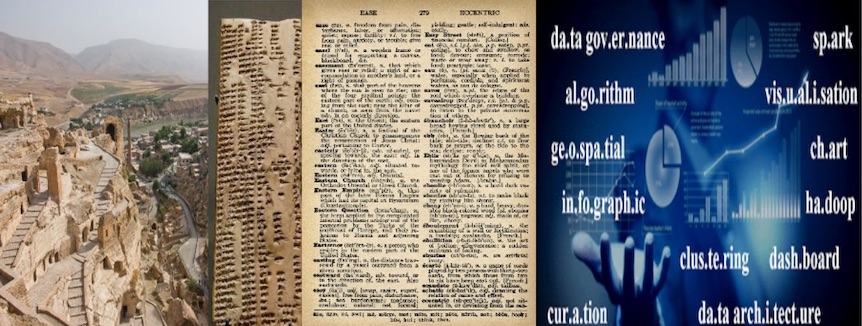Many things we learn may not be relevant by the time we gain mastery over them. However learning helps develop a system of abstract thinking, which might prove beneficial in many ways. This ability for abstract thinking is possibly giving man an advantage over the other animals.

The other day I was taking my seven-year-old through a home assignment from her school to learn to use a dictionary. I realized it was indeed a complex task to learn to use a dictionary – knowing the spelling of a word, the alphabetic order of letters, a consequential identification, elimination and localization of the word following an alphabetic order… (Did I really learn all these before I learnt to use a dictionary remains a valid question!). My daughter has learnt to find out meanings of words in the online media, even before she learnt to use a dictionary (This is easier for her now with the voice-operated google assistant).
I wonder if my daughter will ever have to use a traditional paper dictionary. Is it necessary for her to learn to use the dictionary in its traditional form at all?
On one side of the coin, finding out the meaning and origin of a word is quite likely to be easier done in my daughter’s lifetime. Then I was left with the question if there was any other benefit from learning to use a traditional dictionary. The categorization of tens of thousands of words in a pattern using the original order of the alphabets as a starting point appears amazing. It presents an amazing system for archiving and for accessing. If not for this purpose, this model of data organization may become useful for her in many ways.
On a similar note, I struggled to answer my daughter’s question of why she has to learn to look at an analogue clock to know the time, when she can ‘read’ it as numbers from the mobile phones. ( I have left it for her to discover on her own!).

The circumstances around us evolve continually (and in an increasingly fast way). Many things we learn may not be relevant by the time we gain mastery over them. However learning helps develop a system of abstract thinking, which might prove beneficial in many ways. This ability for abstract thinking is possibly giving man an advantage over the other animals. Giving food for this thought is possibly the biggest role of education.
Planning for a war is very important. This planning might involve making a plan A, B, C etc. for differential circumstances. The circumstances of war may be unanticipated ( requiring a plan ‘Z’); however those of us with some (or any!) plan may be better placed for the unanticipated eventualities.
Let us think and plan for the ‘unplanned’ times…
Dr Namboodiri is a medical doctor ( psychiatrist) with a special interest in medical education and communication skills training. He was trained in India and in United Kingdom and has worked in various parts of the world. He has published many articles on legislation related to mental health.


2 comments